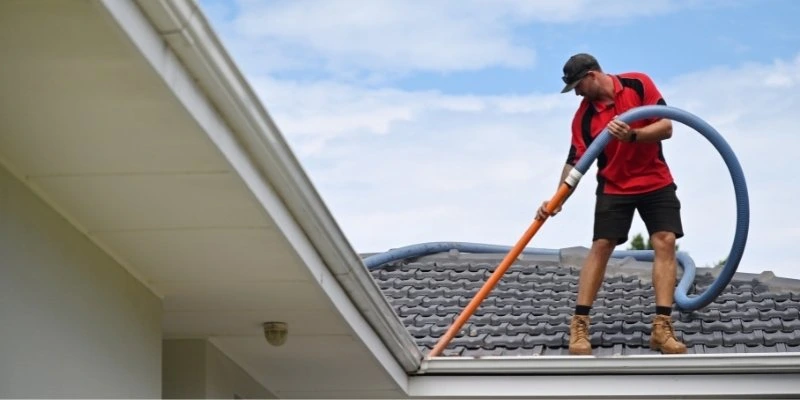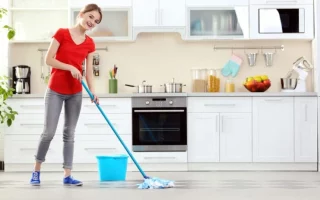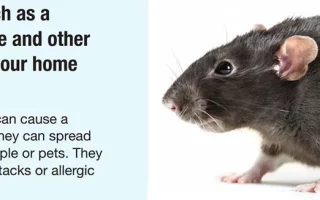Gutters temper the flow of rainwater and direct it away from a home’s foundation, preventing basement flooding. Clogged gutters prevent this and allow water to seep into walls and the roof, which can lead to costly home repairs. Clogged gutters are also breeding grounds for pests like mosquitoes, rodents, and termites. Gutter cleaning removes the twigs, leaves, and debris that create this habitat and keeps pest infestations at bay.
Clogged Gutters Can Lead to Water Damage
If your gutters are clogged, they can’t do their job of channeling rainwater to the ground and away from the foundation. Instead, water pools in the gutter and soaks into walls and ceilings. It may result in flooding in the basement and even structural damage. When clogged, gutters may also create an ideal breeding place for mold, mildew, and insects. It can create health risks for the family and require extensive clean-up efforts.
Check the gutters occasionally by climbing a ladder or hiring a professional. Look for sagging, indicating they’re carrying too much weight, and wear work gloves, a sturdy ladder, and a tool for scooping out debris. You can also check the downspouts to ensure they’re free of clogs or debris. If you find any, flush the downspout with a garden hose to see if water flows out.
Landscaping Damage
Gutters are designed to channel water away from a home’s foundation, protecting the home’s walls and landscaping. When gutters become clogged, they are no longer effective at this job, and water may start to pool and leak around the foundation of a building. It can cause significant damage that requires gutter services.
Additionally, clogged gutters can cause soil erosion and wash away a homeowner’s carefully selected landscaping. Regular gutter maintenance prevents this damage and allows your landscaping to thrive.
Pest Infestations
Gutter clogs not only interfere with water flow but can also attract pest infestations. Standing water and rotting debris create an ideal breeding ground for mosquitoes, cockroaches, rodents, birds, and other insects. These pests may eventually scurry into your home. Their feces, urine, and saliva can contaminate your food supplies. In addition, their gnawing can damage gutter materials and cause leaks. Stinging bugs like bees and wasps are also attracted to moist areas, such as clogged gutters. Moreover, wood-destroying pests like termites and carpenter ants are more likely to infest the nearby moisture-damaged wood of your fascia boards and siding.
Routine gutter cleaning prevents these pest infestations. Removing the ideal breeding and nesting spots disrupts the pest population in your yard and prevents them from accessing your house. It will keep your family safe and prevent you from paying costly pest control expenses. Clogged gutters can also be a magnet for other unwanted pests, such as squirrels, who are attracted to the twigs and leaves that accumulate there to build their nests.
Mold Growth
Gutters are designed to direct water away from a home’s foundation, protecting the building from damage. But if leaves, twigs, and moss get into the gutters, the gutter system stops working correctly, and mold growth becomes possible in the house. The clogged gutters fail to divert rainwater, and moisture seeps into walls, insulation, and the home’s foundation, providing the ideal conditions for mold to thrive. It can be challenging to eradicate mold from a home, and those exposed to it may experience serious health issues. The best defense against mold growth in a house is consistent gutter cleaning. It includes regularly removing leaves, debris, and twigs from the gutters and ensuring they are clean and working correctly. Additionally, homeowners should ensure their attic and roof have adequate ventilation to prevent moisture buildup. Homes are silently destroyed by mold, which can cause several health problems.







